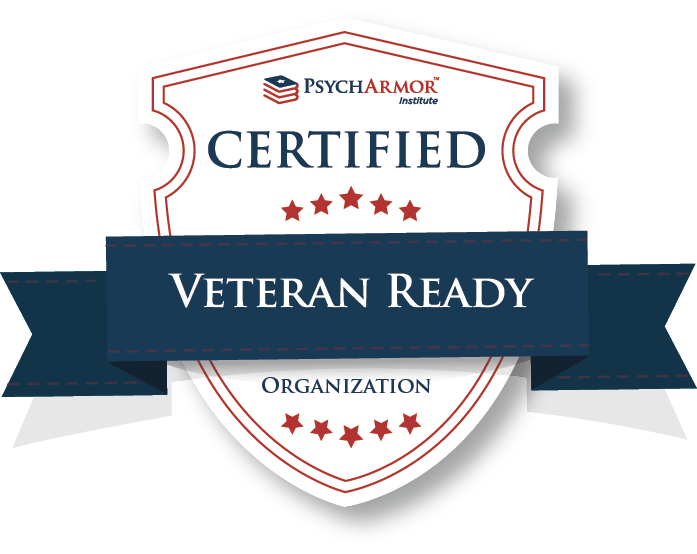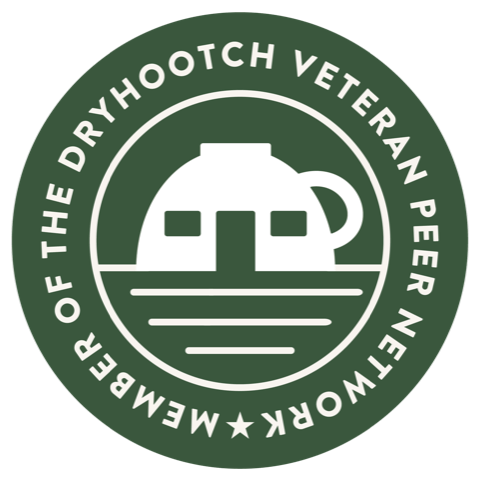“Addiction is a treatable disease,” said Jim Ware, Clinical Advisor to Veterans Recovery Resources and owner of Recovery Resources in Daphne, AL. “Understanding how the brain is impacted by substances is a health issue and one that is absolutely treatable.”
Jim Ware and Virginia Guy, Executive Director at the Drug Education Council in Mobile were invited to discuss the new Surgeon General’s report Facing Addiction in America: The Surgeon General’s Report on Alcohol, Drugs, and Health on news radio 710 with talk show hosts Mary Booth and Uncle Henry.
The landmark Surgeon General’s report finds alcohol and drug misuse and severe substance use disorders, commonly called addiction, to be one of America’s most pressing public health concerns. Nearly 21 million Americans – more than the number of people who have all cancers combined – suffer from substance use disorders. The report marks the first time a U.S. Surgeon General has dedicated a report to substance misuse and related disorders. The report addresses alcohol, illicit drugs, and prescription drug misuse, with chapters dedicated to neurobiology, prevention, treatment, recovery, health systems integration and recommendations for the future. It provides an in-depth look at the science of substance use disorders and addiction, calls for a cultural shift in the way Americans talk about the issue, and recommends actions we can take to prevent and treat these conditions, and promote recovery.
One in seven people in the U.S. is expected to develop a substance use disorder at some point in their lives. Yet only 1 in 10 receives treatment. Among other things, the report shows that substance use disorders typically develop over time following repeated episodes of misuse that result in changes to the brain circuitry.
“In a healthy brain, the individual can hear the word ‘no’ and regulate their behavior,” said Jim Ware. “In unhealthy brains, especially in those predisposed to the disease, they can’t hear the word ‘no’ and they are unable to regulate their behavior once they begin using.”
The numbers of substance abusers tend to be higher in military veterans. While not explored in-depth in the Surgeon General’s report, according to the National Institutes of Health, there is a significant difference between the mental health issues experienced by military personnel compared to that of civilians. These problems are the result of the stressors of combat, the impact of moral injury and the separation from their families. Substance abuse, as well as mental health issues such as anxiety, post-traumatic stress disorder (PTSD) and depression, which can lead to suicide in severe cases, are far higher than those of civilians.
Further, a 2014 study, commissioned by the Military Officers Association of America (MOAA) and the United Health Foundation, also finds that there is a huge gap of community-based mental health providers available to address the unique needs of service members. To address this, the Veterans Recovery Resources clinical framework will be designed specifically for the veteran community. It will be important to examine the differences in mental health, alcohol use, and drug use to identify those veterans at high risk so that evidence-based interventions to prevent and treat serious disorders can be implemented when indicated.
Want to hear more of the interview with Jim Ware and Virginia Guy? The program in its entirety can be accessed here.





Leave A Comment
You must be logged in to post a comment.